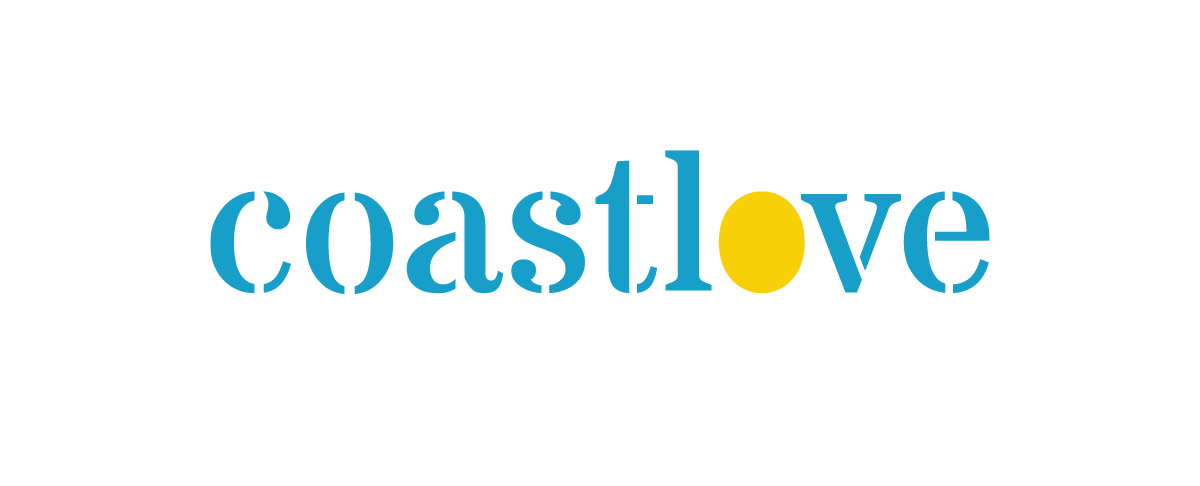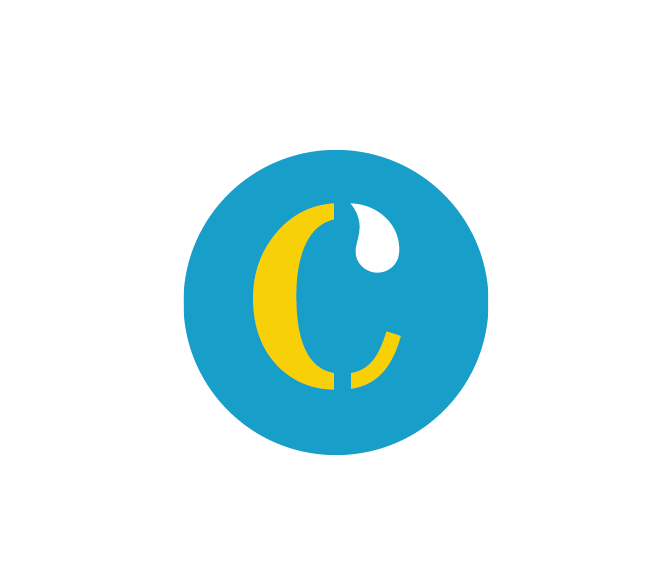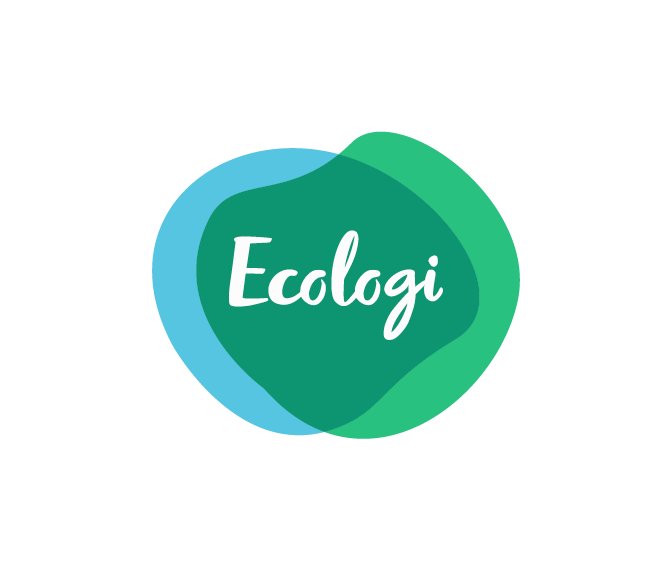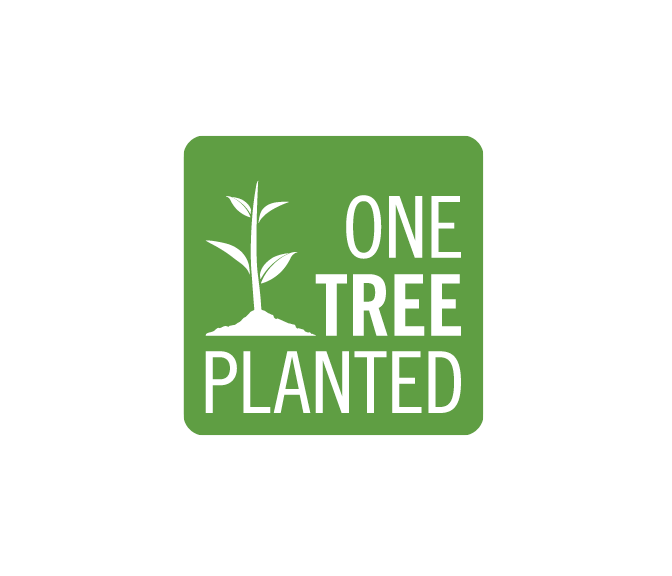Human Rights Policy
I. WHY OLIVE+COMET MAINTAINS A HUMAN RIGHTS POLICY
Human Rights are Important
Human rights are defined as the fundamental rights, freedoms and standards of treatment to which all people are entitled. They relate to a right to life, liberty, security of person and non-discrimination. Disregard and contempt for human rights are acts of oppression that strip people of justice, dignity, and worth.
The Business Context for Human Rights
Human rights abuses exist everywhere, including the everyday business environment. The responsibility to respect human rights is a global standard for all business enterprises wherever they operate. Leading businesses that address human rights are principally guided by the United Nations Universal Declaration of Human Rights (UDHR), the UN Global Compact on Human Rights, and the UN Guiding Principles on Business and Human Rights, among other standards. They do not engage in, become complicit in, or tolerate human rights abuses. They take responsibility to remedy any abuses that occur.
Businesses that adhere to these standards treat all employees and business contacts with dignity and respect. They continuously and consistently provide a healthy, safe, and dignified work environment. This protects the businesses, their employees and the economies and communities in which they operate.
Our Approach to Human Rights
Olive+Comet is a sustainable business that sources ethically sound goods. Our company works with vendors, suppliers and partners in various regions worldwide.
As a socially and environmentally sensitive enterprise, we embrace social expectations to behave responsibly as a corporate citizen—through every employee interaction, every partner relationship and every customer engagement. Our commitment extends to the fair treatment and meaningful involvement of all people, including indigenous people, regardless of race, color, gender, gender identity, national origin, religion, sexual orientation or income level.
II. OUR COMMITMENTS TO HUMAN RIGHTS
Human rights are fundamental rights, freedoms, and standards of treatment to which all people are entitled—and studies have shown that biodiversity preservation and climate stability are best ensured when Indigenous & tribal people’s rights are respected. Based on this and the foregoing human rights considerations, Olive+Comet commits to the following:
Application of Human Rights Standards
- Understand and adhere to the human rights principles set forth in the United Nations Universal Declaration of Human Rights (UDHR) in our everyday business activities.
- Use best practices to comply with the UN Global Compact.
- Use best practices to comply with the UN Guiding Principles on Business and Human Rights, which sets out business responsibility toward human rights, third party abuses and its responsibility to remedy if rights are not upheld.
- Use best practices to comply with the UN Declaration On The Rights Of Indigenous Peoples (UNDRIP).
Our specific commitments
Dignity and respect: All employees shall be treated equally with respect and dignity. Olive+Comet will employ best practices to comply with the OECD Guidelines on Human Rights and Social Development.
Employee Responsibility, Engagement and Education
- Treat all employees with dignity and respect. Assure that the work environment is free from inhumane treatment or harassment. Prohibit threats or abuse of any kind.
- Require all employees to support a positive working environment of respect, dignity, and courtesy.
- Require that all employees apply human rights principles and practices to their daily activities and interactions.
- Require management to exhibit leadership through their own exemplary behavior.
Supply Chain Partners
- Engage with supply chain partners to identify human rights abuses and effective ways to address them.
- Encourage supply chain partners to observe our policy commitments on human rights (used in combination with the Olive+Comet Supplier Code of Conduct).
Communications, Reporting and Advocacy
- Report publicly and transparently about human rights key performance indicators, including incidences, successes and challenges.
- Utilize the UN Guiding Principles Reporting Framework.
- Advocate for human rights legislation that is effective and progressive.



